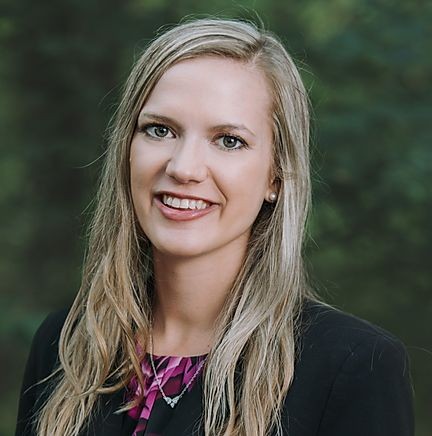
COVID-19 has sparked a wide range of extreme political actions in the first half of 2020. From inconsistent shelter-in-place orders to unprecedented economic stimulus actions to debates over masks and armed protests at state capitols, the pandemic has brought the relationship between scientific research and public policy-making to the forefront of the news — and peoples’ lives — globally.
How can academic experts, whether in public health or other fields, work better together with policymakers? A collaborative podcast episode between the Huck Institutes of the Life Sciences and the McCourtney Institute for Democracy explores that question.
The partnership between The Symbiotic Podcast and Democracy Works features Taylor Scott, associate director of the Research-to-Policy Collaboration, and Michael Berkman, director of the McCourtney Institute for Democracy. Scott was recently awarded a seed grant from the Huck Institutes and Social Sciences Research Institute to explore how COVID-19 research can be rapidly and effectively translated into policy.
Scott said that, while media reports can give the impression that Congress is stalled when it comes to COVID-19, the current legislative docket is among the busiest she’s seen with more than 300 virus-related bills introduced since March.
“I remember looking at my dashboard and seeing at least 30 bills introduced on one day,” Scott said. “I was just astonished, because usually, in this term of the legislative session, they're looking to just sort of ride the wave of the stuff they already in the first half of the term, and get things passed so that they can look good for elections.”
However, those legislative efforts are met with increasing polarization about the public, driven in part by shifts in news and information consumption that can foster distrust of expertise among some groups. Such distrust is detrimental to democracy, which requires a shared set of facts and information upon which to make collective decisions.
“There's a tension between populism and expertise, where experts are often seen as the sort of elites that populists arise against,” Berkman said. “Right now in the U.S., you have people divided along partisan, almost tribal lines, where they're within their own media sources and in many cases, media silos where conspiracy theories abound.”
The Research-to-Policy Collaboration aims to bring experts and policymakers to influence not just legislative actions, but also how politicians frame and communicate about the issues they’re working on.
“One of the things that we have recognized is that it's bad practice to reiterate a mistruth,” Scott said. “Instead, best practice is to just say the truth, and stick to the truth.”
To hear the full discussion between Scott and Berkman, look for The Symbiotic Podcast or Democracy Works in Apple Podcasts, Spotify or any other podcast app.